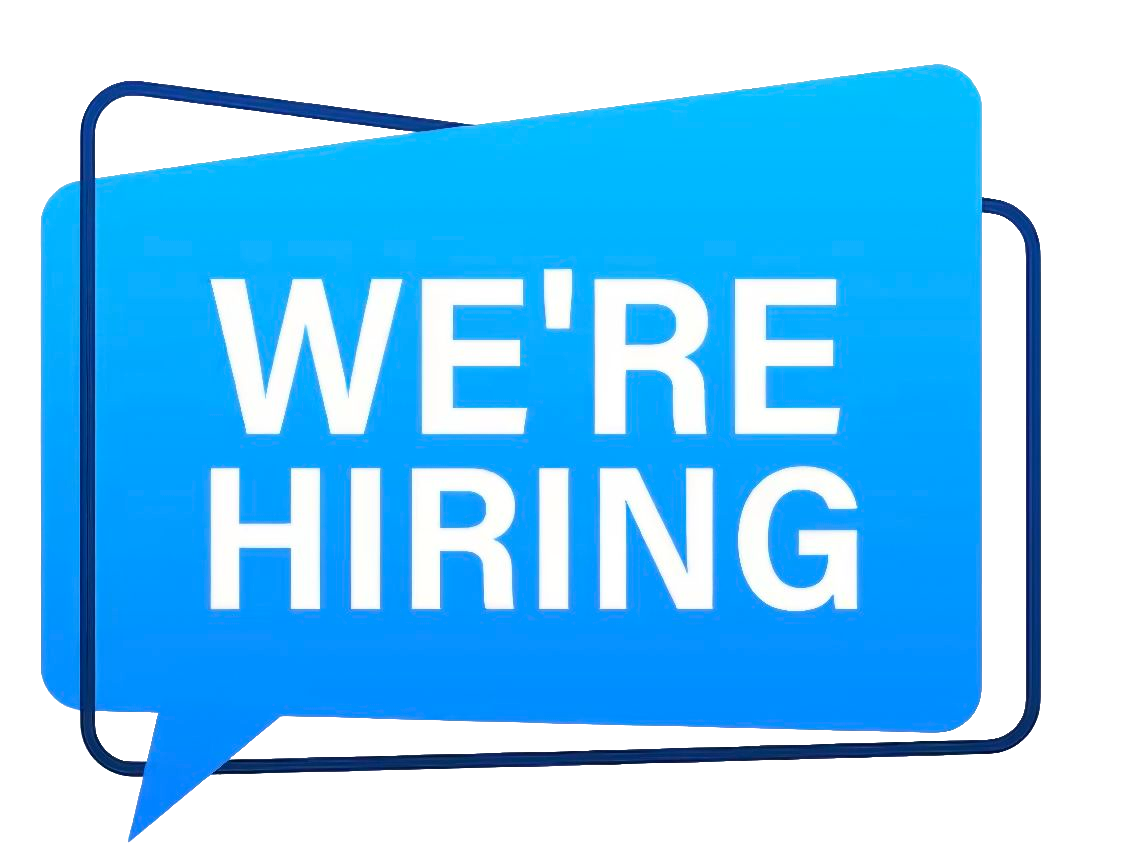
General CT
Computerised Tomography is more commonly referred to as a CT or CAT scan. Compared to conventional X-rays, CT’s provide a more comprehensive visualisation of internal body structures, such as bones, organs, fat and muscle.
-
During a CT scan, a series of images are taken and digitally reconstructed into cross-sectional views of the region of interest.
As CT technology continues to advance, Marina works to deliver you world leading scanners and a team of dedicated radiographers and radiologists who maximise the quality of every scan, with the lowest possible radiation exposure. Marina’s low dose culture has been acknowledged by the Australian Radiation Protection and Nuclear Safety Agency, as helping us achieve one of the country’s lowest radiation doses possible per scan, without compromising image quality.
-
When attending your appointment, please bring your referral from your medical practitioner, Medicare card and all other relevant health care cards. Please also bring any previous scans or reports relating to the region being scanned, if they were not undertaken at Marina.
Preparation is dependent on the area of the body you are having scanned. Some CT scans involve fasting and others may require you to arrive before your scheduled appointment to drink CT contrast fluid; however our staff will inform you of your preparation specifics when booking your appointment.
Scans that require oral CT contrast are abdominal and pelvic CT’s. The contrast assists with visualisation of the bowel, thereby aiding analysis of the results. Occasionally, contrast fluid can cause loose bowel movements in some patients, which should be noted for those with bowel control difficulties, or who are travelling any distance.
Furthermore, some CT investigations require an injectable form of contrast (x-ray dye) to be administered through a vein. Similar to the oral contrast, this enhances image clarity and provides additional diagnostic information. Some people may experience a reaction to the x-ray dye, thus, if you have had a reaction to it in the past, please bring this to our attention in advance.
If you are diabetic, please inform our staff when booking your appointment. Patients with diabetes or renal disease are required to bring recent renal function test results (no older than 3 months) to their appointment. All medications can be continued as per normal, unless otherwise advised. All patients should remain hydrated, and continue to drink fluids as normal prior to the examination.
We understand that undergoing a diagnostic scan can provoke concern in some patients. Should you have any questions or concerns, please do not hesitate to discuss these with any of the Marina team.
If you are, or could potentially be, pregnant, please notify our staff before your scan.
-
When lying on the CT table, your radiographer will position you under the scanner according to which body region you are having scanned. Throughout the duration of the scan, you will be able to communicate with the radiographer. To ensure optimal image clarity, it is important that you remain still and you may be asked to momentarily hold your breath. During the scan, the CT table will slide in and out from under the donut-shaped scanner producing a slight buzzing noise. At no point will the scanner touch you, nor will you feel the x-rays.
Our highly qualified radiographers tailor every scan to each individual patient’s needs. This ensures every scan is optimised to produce the highest quality images, with the lowest radiation exposure possible. Depending on the type of study and your needs, the duration of the scan can vary. Whilst the actual scan is relatively quick, you are typically in the CT scanning suite for 10 to 30 minutes. During this time the radiographer will check each image, and may reposition you to ensure every aspect of the region being investigated is captured.
Common sensations experienced when intravenous CT contrast (x-ray dye) is injected into a vein include, a metallic taste in the mouth and/or a warm flush, both of which are not cause for alarm. If you have previously had a reaction to x-ray dye, please notify our staff before your scan.
There are no post-scan restrictions for CT’s, so you may resume normal activities following your scan. If your scan involved contrast, it is advisable to drink plenty of fluids to aid with its elimination from your body.
-
Your referring practitioner will receive the images from the scan immediately via our online portal. Once one of our specialist doctors (radiologist) has reviewed and assessed your scan, the report will be sent to your practitioner either electronically, or by fax.
Following your scan, Marina strongly advises that you return to your physician to discuss your results and subsequent treatment.
Cone Beam CT
Cone Beam CT (CBCT) is a specialised CT used to capture 3D images of the jaw, mouth, teeth, neck and ears. Soft tissues, bones, nerve tracts and dental structures can be visualised using this technology.
-
When attending for your scan, please bring your referral from your medical practitioner and Medicare card. Please also bring any previous scans or reports relating to the region being scanned, if they were not undertaken at Marina.
You will need to remove any metallic objects (earrings, hair clips, necklaces, spectacles etc) near your head and neck to avoid interference with the scan. It is therefore advisable to leave any such items at home.
-
CBCT’s are quick examinations and typically take only 5-10 minutes in total.
To help position your head correctly and minimize movement during the scan, you will be asked to gently bite down on a sterile mouth piece, and hold onto a pair of handles. Your radiographer will then ask you to remain still, and the scan will commence.
During the scan, multiple images will be taken as the arm of the CBCT machine rotates around your head. At no point will the machine make contact with your head, nor will you experience any pain.
-
You will receive a electronic copy of your scans at the conclusion of your appointment. You are welcome to wait for this to be provided, or, should it be more convenient, arrange an alternative time to collect it. Once one of our specialist doctors (radiologist) has reviewed and assessed your scan, the report will be sent to your practitioner either electronically, or by fax.
Your results will be communicated to you by your dental practitioner. It is therefore strongly advised that following your scan you return to your dental professional to discuss your results and subsequent treatment.
Dentascan CT
CT Dentascan provides 3D images of the overall facial and mandible structure. Images are taken along three planes enabling superior precision in pinpointing and measuring anatomical structures.
The efficacy of a CT Dentascan is enhanced at Marina with our cutting-edge equipment and skilled technicians, ensuring patients receive the lowest radiation dose possible every time. Further to this, it provides dental practitioners with greater visualisation and knowledge of the internal structures prior to surgery.
Preparation
If you think or know you are pregnant, please inform the radiographer before your scan. Please also bring any previous scans or reports relating to the region being scanned, if they were not undertaken at Marina.
You will need to remove any jewellery and metal items (hairpins, hearing aids etc) from the area being scanned. If you have any questions about your scan, please don't hesitate to ask our staff.
FAQ’S - General
-
Developing fetuses are sensitive to x-rays such as those used in CT’s. It is therefore important that you inform your doctor and, especially our staff, if you are or could be pregnant, prior to your scan.
-
Yes, mothers can continue breastfeeding as normal. The only exception to this however is if you have received a contrast injection or oral fluid. Should this be the case you will need to cease breastfeeding for 24 hours after the scan.
-
Should you be taking Metformin (also called Glucophage, Diabex or Diaformin) for diabetes, it is important to notify our staff of this when booking your appointment. You may be required to discontinue taking Metformin on the day of your scan and for 24 hours thereafter. Ideally, recent renal function blood test results should be brought to your appointment. All other medications can be continued as per normal unless otherwise advised.
-
The duration of the scan varies depending on a variety of factors such as the body region being scanned, if contrast is required and your body size. A standard CT appointment roughly takes 10 to 30 minutes.
-
Yes, you can resume all normal activities after a CT scan.
-
You may be asked to change into a gown, however, this depends on the region being imaged and what clothes you are wearing. It is therefore advisable to wear light, loose fitting clothes with no metal zips, buttons or fasteners.
-
You will receive all findings from your scan from your referring practitioner. The responsibility of the radiographer is to perform and produce high quality images for the radiologist to interpret.
FAQ’S - Cone Beam
-
No, CBCT’s cannot be felt and the machine will not come into contact with you during the scan.
-
All X-Ray and CT machines (including CBCT machines) at Marina, are fitted with advanced low dose technology, which minimises the radiation dose of every scan for every patient. Marina is known and acknowledged for fostering a strong low dose culture, thereby further reducing exposure levels.
-
Unborn babies are more sensitive to the risks associated with CT’s. It is therefore important that you inform our staff and your doctor if you are, or may be pregnant prior to your scan.
-
If your assistance is required to help calm or keep your child still, we will supply you with a lead gown so you can accompany them during the procedure. However, in cases where you are pregnant or have other young children with you, you are asked to please bring an additional adult with you to assist. Unborn babies and young children are more susceptible to the effects of CT, thus Marina mandates avoiding any unnecessary exposure.
-
You will receive all findings from your scan from your referring practitioner. The responsibility of the radiographer is to perform and produce high quality images for the radiologist to interpret.



